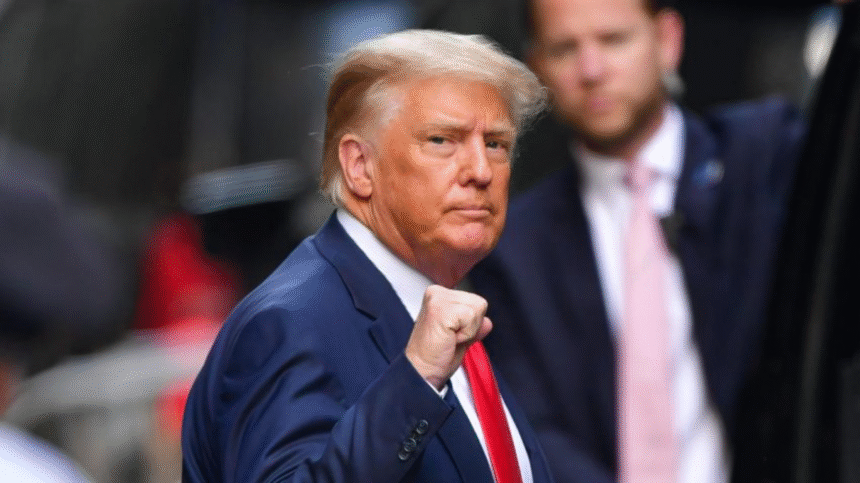In the coming months, there could be a re-engagement of the United States on the issue of the Kosovo-Serbia dialogue, potentially leading to a meeting of the leaders of both countries in the Oval Office. This was stated by Charles Kupchan from the Council on Foreign Relations in the U.S.
The former advisor to former U.S. President Barack Obama discussed what might unfold in the Balkans and on the global stage.
“In his first term, he made progress in Kosovo-Serbia relations and Israel’s recognition. Europe should consider leading this process, for its own security and to free up the U.S. to remain focused on the Indo-Pacific. In the next 6-8 months, you will see a reduction in military presence in Europe. I believe you will also see a re-engagement from Washington in the Kosovo-Serbia dialogue, with Trump bringing the leaders of the two countries to the Oval Office. Trump sees himself as a peacemaker,” Kupchan said on “Off the Record” on A2 CNN, as reported by Gazeta Express.
Belief in a “Difficult and Painful Compromise”
Kupchan expressed his conviction that a difficult and painful compromise for peace between the two countries could be achieved.
“We still have on the table a perspective that offers light at the end of the tunnel, and that is the agreement that EU negotiators and the parties agreed upon, even though they didn’t sign it. But for now, we are in a difficult position without political stability in Belgrade, and likewise in Prishtina. I believe that a day will come, not too far in the future, when both countries will make the difficult and painful compromise to achieve peace. Kurti made some mistakes during his mandate; he took actions that, while consistent with Kosovo’s right to sovereignty, were provocative and caused setbacks in the dialogue. However, it’s not Kosovo’s responsibility alone, as the party that has been dragging its feet is Serbia. Nevertheless, Belgrade and Prishtina must make the difficult compromise,” he stated.
Optimism for Balkan Integration
Kupchan also expressed optimism regarding the integration of the Balkans into NATO and the EU, and he does not foresee a return to large-scale conflicts.
“We still have a lot of work to do in the Balkans. Prishtina has seen great development, but relations with Serbia remain weak. In Bosnia and Herzegovina, the government is still divided along ethnic lines, Republika Srpska remains a difficult actor, and Russia is using the space in Serbia. I don’t expect a return to large-scale conflict, but it is very important for the U.S. and the EU to lead and use diplomacy to encourage Prishtina and Belgrade to move forward. There’s still a lot of work to do, but I am optimistic about the final outcome. I foresee the full integration of the Balkans into the EU and NATO,” he concluded.







